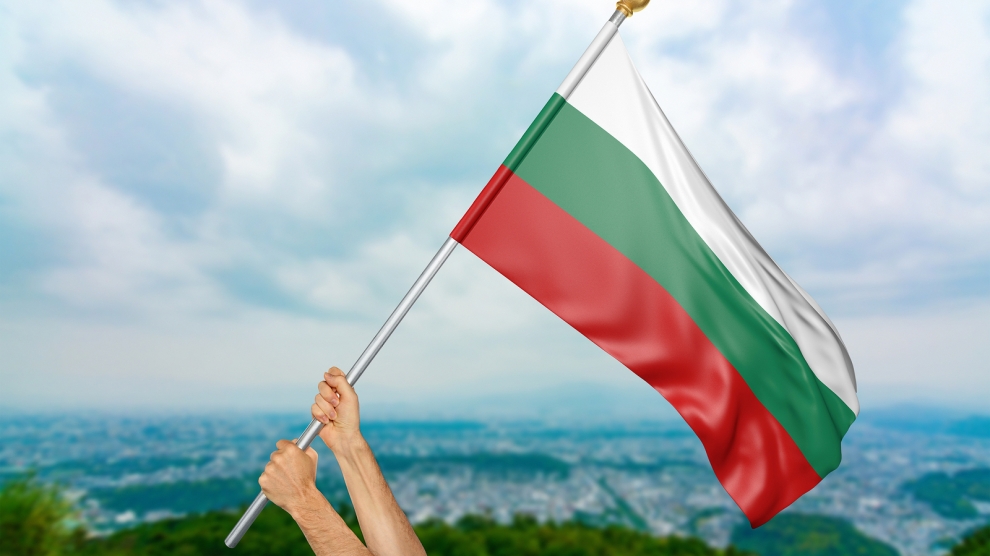September 16 saw several hundred Bulgarians protest in front of the country’s parliament in central Sofia, demanding changes in the political system and for the current government of Prime Minister Boyko Borissov to resign. The protest was organised by emigrant Bulgarians on Facebook under the title: Resignation, conviction and a change of the system.
The protesters are unhappy with what they call “the genocide of Bulgarians” being conducted by Mr Borissov and all previous ruling “mafias.” It appears that the protests were inspired by mass demonstrations of Romanian emigres in Bucharest during August.
One of the leading organisers of the protests is Emil Rusanov, editor-in-chief of Budilnik – a leading Bulgarian newspaper in the UK. Mr Rusanov called for the “direct election of all those participating in state administration” and for the ability to “remove them from office as easily as you can put them there.” Protesters claimed that they do not want the dissolution of parliament, rather that government ministers be directly elected by the people.
Mr Rusanov is a relatively popular figure amongst Bulgarians in London. Aside from his work at Budilnik, he is the owner of a Bulgarian bar in London and his proposals have been radical in nature: he is a proponent of banning all political parties in the country and calls for decisions to be made by referendums. He wants MPs to be elected by the principle of majority voting and that the positions of general prosecutor, the entire government cabinet, president, mayors and police chiefs to be elected directly by the citizenry. In 2014, Mr Rusanov ran for election to the European Parliament as a member of the European Party, representing London, and, as an EU citizen residing in the UK, has been a vehement opponent of Brexit.
There was speculation that popular showman Slavi Trifonov was behind the protests, as many of the demands of the protesters coincided with those of Mr Trifonov’s national referendum, which was conducted alongside the presidential elections of 2016. At that referendum, Bulgarian citizens were asked whether they supported limiting public funding of political parties to one lev per year per valid vote received at the previous elections, the introduction of compulsory voting in elections and referendums, and changing the electoral system for the parliament to the two-round system. Turnout for the referendum was just below the 51 per cent threshold required for it to be valid.
Protests have also been conducted outside Bulgarian embassies abroad, and the protestors in Sofia promised that every day at noon there will be protests until the government’s resignation. Additionally, they have called on their compatriots to each bring three people in order “to block the whole of Bulgaria.” During the protest, the emigrants raised numerous wide-ranging issues that have caused many to leave Bulgaria: corruption in granting state concessions and public procurement, large government expenses, the lack of funds in health care, education and high household bills.
Amongst the protesters were some who sought to break through a police security cordon and reach the parliament building, but the organisers urged them not to cause tension and keep the protests as peaceful as possible.

